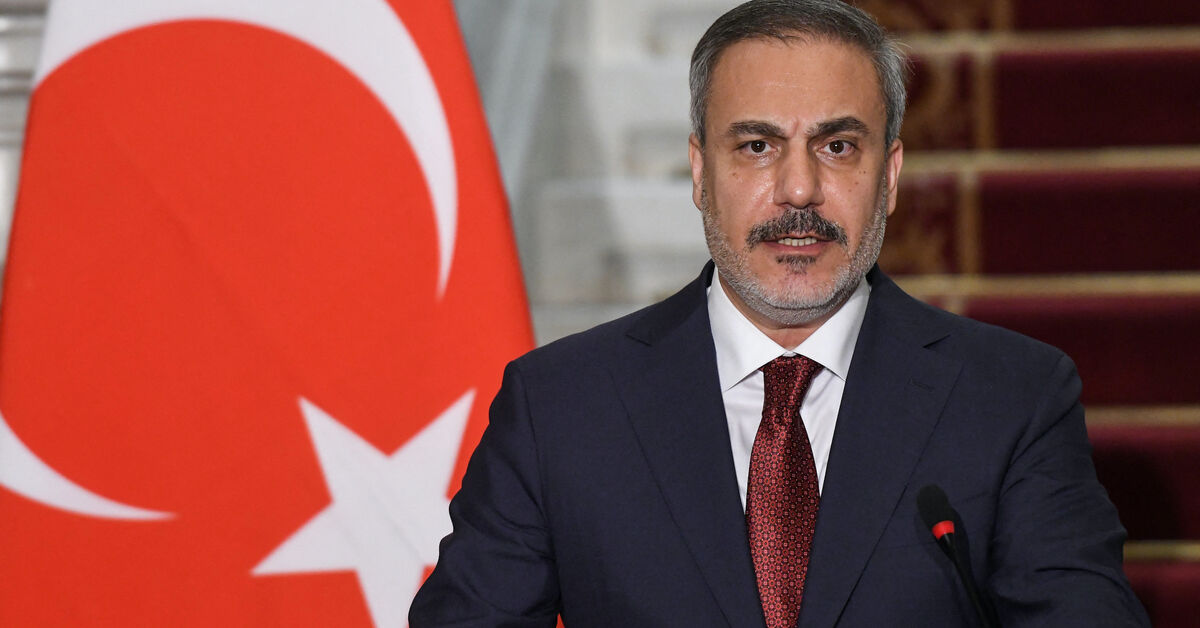Improving the Gender Perspective in Measuring and Monitoring Access to Justice in Türkiye
Adopting a gender-sensitive approach when measuring and monitoring access to justice highlights the challenges that women and girls face in accessing justice and paves the way towards developing justice policies and practices that address the needs and rights of women.
This was one of the main conclusions of the international seminar organised in the framework of the European Union and Council of Europe’s joint action on “Fostering women’s access to justice in Turkey” in Ankara, bringing together representatives of the relevant national ministries, the Union of Turkish Bar Associations, local bar associations and legal aid centres, public institutions and agencies, international and national judicial authorities and experts, universities and research centres, as well as non-governmental organisations working in the field of women’s rights.
In her opening speech, Pınar Başpınar Head ad interim of the Council of Europe Programme Office in Ankara, highlighted that all actors should adopt a gender-sensitive perspective in measuring and monitoring women’s access to justice. Reminding that the Joint Action on ’Fostering Women’s Access to Justice in Turkey’ strives to enhance women’s access to legal aid and increase the ability of legal aid services to better respond to the needs of women, Başpınar emphasised that “the monitoring and evaluation of access to justice is especially important for the protection of human rights in general and for the establishment of mechanisms which facilitate women’s effective access to justice and related services. Effective monitoring according to accessibility and efficiency indicators shall provide data on the factors which facilitate or hinder accessibility”.
Alexander Fricke, Head of Section of Civil Society, Fundamental Rights, Judiciary and Home Affairs, Delegation of the European Union to Turkey noted that “Gender equality is a priority issue in the context of the European Union’s external relations. I am convinced that achieving tangible results in the context of the project on “Fostering Women’s Access to Justice in Turkey” and other gender equality focused projects make important contributions to ensuring full access to justice for women. During its implementation, the project has achieved important outputs in identifying barriers and possible solutions to women’s access to justice and this seminar on measuring and monitoring women’s access to justice is another valuable input to these results.”
In his remarks, President of the Union of Turkish Bar Associations Atty. Erinç Sağkan stated that “As the Union of Turkish Bar Associations, women’s rights and combating discrimination against women are among our priority areas of work. Within the framework of this Action, we provided legal aid services to over 250 women by providing specialised training to 264 colleagues. We are at the very beginning of the struggle for women’s access to justice in Türkiye. The change should first start with the use of gender sensitive language; in Türkiye we are still struggling to create an environment that encourages gender equality in the public sphere and also in private life. For this reason, these projects are of great importance to support the women’s movement and current struggle.”
During the discussions, participants shared practices for measuring and monitoring women’s access to justice and discussed how to improve those methods to better identify and eliminate obstacles for women and disadvantaged groups and ensure equal access to justice for all, in line with international and European standards.
This activity was organised in the framework of the Action on “Fostering women’s access to justice in Turkey”, part of the European Union and Council of Europe’s Joint Programme entitled “Horizontal Facility for the Western Balkans and Turkey 2019-2022”.
Agenda of the meeting


